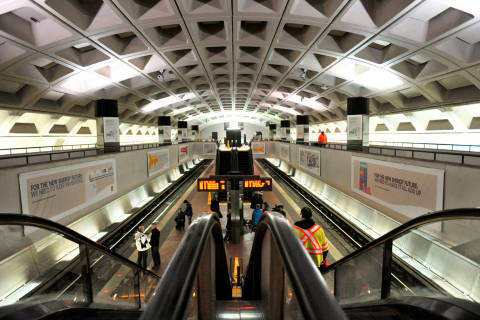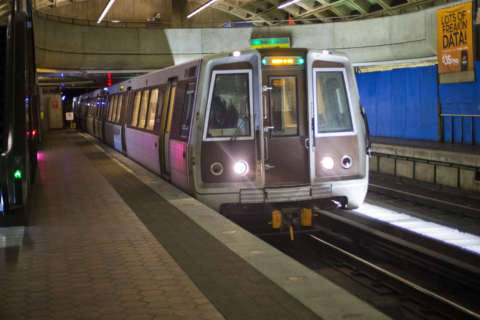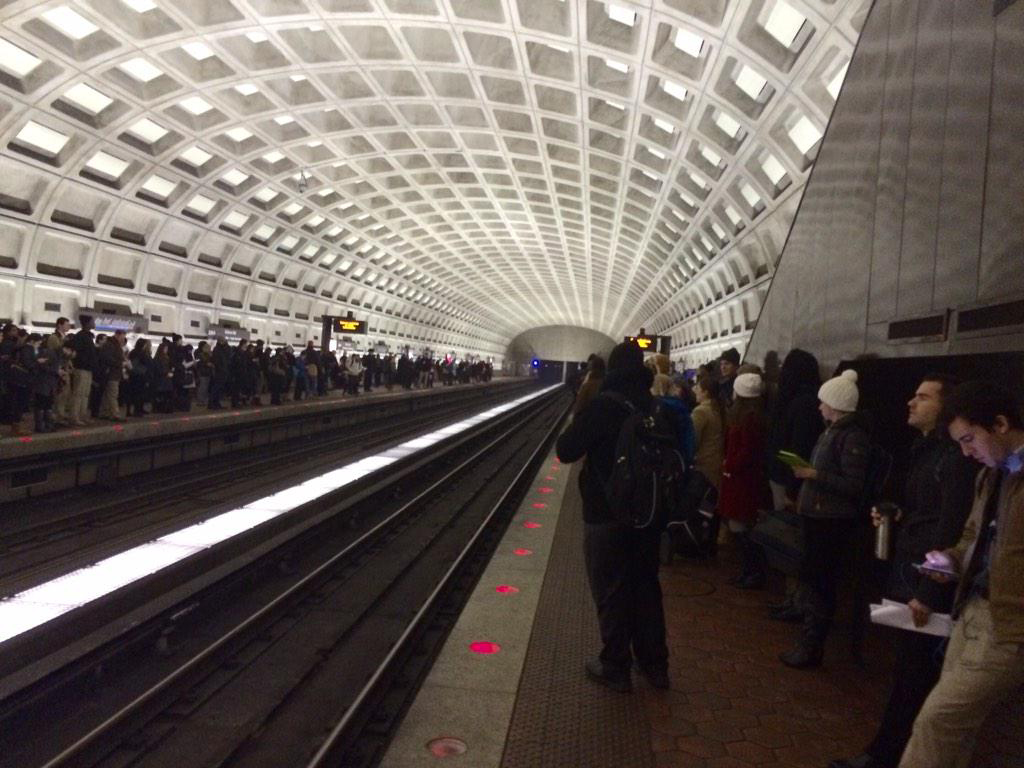WASHINGTON — A key Metro program meant to head off serious safety issues has failed to pick up steam, in a sign of what Metro leaders acknowledge is a persistent problem with the system’s safety culture.
For years, Metro has tried to focus on changing that culture to ensure safety problems are quickly and properly prioritized and addressed, including through a confidential reporting system for close calls. Briefing documents ahead of a Metro Board committee meeting Thursday acknowledge however, that the reporting system and broader goals have not yet fully taken hold.
“Despite ongoing program promotion by all partners, employee reporting of close calls remains relatively low as the safety culture continues to mature,” the board documents said.
Metro Chief Safety Officer Pat Lavin has said it takes time to truly develop the improvements after years of allowing things to slip.
The close call reporting system began in 2013 for rail system employees, based on a recommendation from the National Transportation Safety Board following the deadly 2009 Red Line crash. The program expanded last year to include Metro’s bus system. It is supported by two of Metro’s unions, the agency itself, and the federal Bureau of Transportation Statistics.
Incidents reported through the system only carry the risk of administrative discipline if they involve the most serious rules violations. All reports are supposed to be used to identify critical safety improvements.
Metro said that positive results from the system include improved training, replacement of faulty parts, worker safety updates and an end to the practice of certain maintenance workers dumping wastewater into the track bed.
Metro is still working on improvements to work-zone safety and communication, moving mirrors on certain buses to reduce blind spots, testing air quality in Metro stations, and improving safety and traffic tied to the F8 bus in Prince George’s County by clearing medians and using smaller buses, among others.
High-level Metro managers are now involved in the reviews of the reports and have been given new authority to implement safety changes immediately instead of waiting for executive-level approvals.







